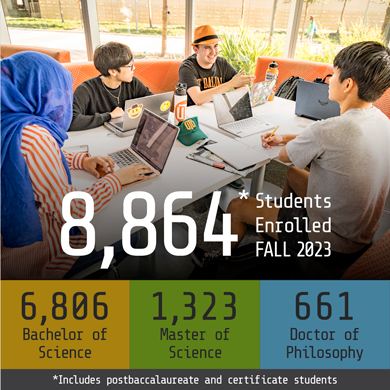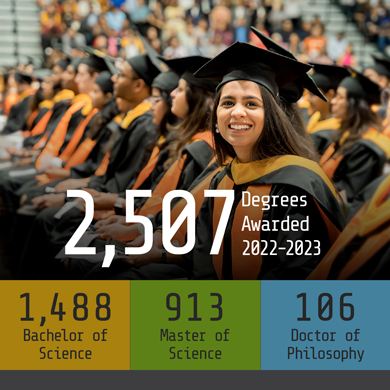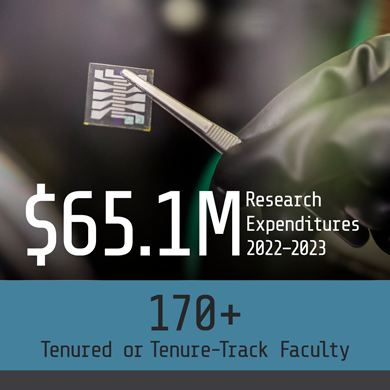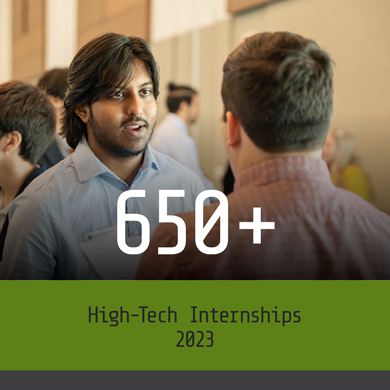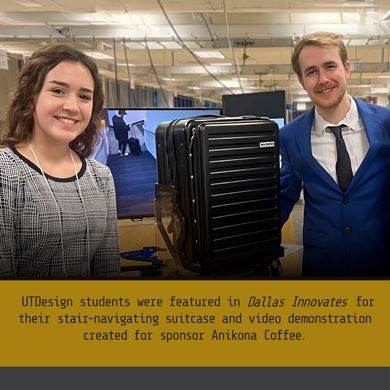
Undergraduate Wins Scholarship for Bright Business Ideas for Texas
National investments from the private and public sectors are generating state-of-the-art technology and knowledge to secure a sustainable energy future utilizing wind power.
Recently, WindSTAR, a National Science Foundation Industry/University Cooperative Research Center for Wind Energy, Science and Technology, held its seventh Industry Advisory Board meeting to review progress and set the stage for ongoing collaborations that leverage academic know-how and productive sector expertise.
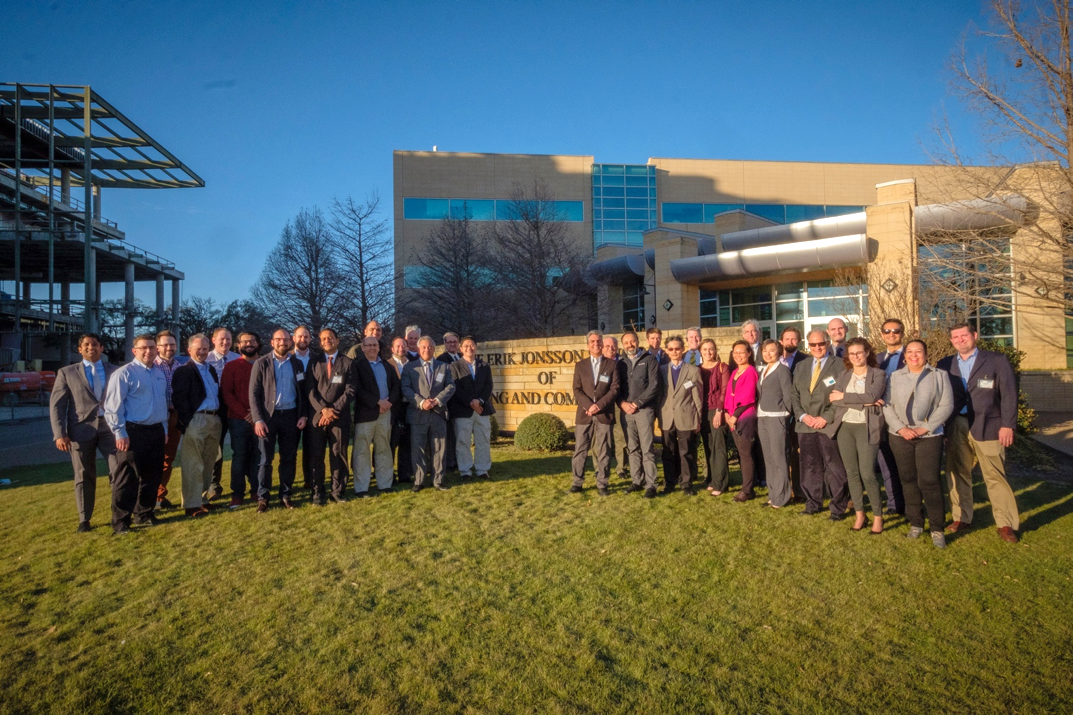
A collaboration between The University of Texas at Dallas and the University of Massachusetts Lowell, the center brings together university and industry researchers to investigate topics that relate to the advancement of turbines, wind farms and the wind industry supply chain — from equipment manufacturers and component suppliers to owners and operators of wind farms. The center also trains students in industry-relevant methods and technologies while fostering a global community for networking, interactions and collaborations.
Participants of the meeting had an opportunity to learn about the progress made by the WindSTAR team in a number of areas, including: control of wind farms, wind farm performance monitoring, flow control for the alleviation of blade loading, curing of thick adhesive joints and the prediction of mechanical properties for matrix materials used in the manufacturing of wind blades.
Dr. Mario Rotea, head of the Department of Mechanical Engineering and UT Dallas site director of WindSTAR, said that this biannual meeting of the advisory board marked an important occasion in the life of the center as it consolidates contributions during its fourth year of operations.
“At our seventh gathering, researchers gave important updates on current WindSTAR projects and on related federally funded projects that together showcase the center capabilities for addressing the main challenges of the industry”, said Rotea, who also holds the Erik Jonsson Chair. “Our industry partners gave valuable technical and operational insight that sparked conversations that will surely help steer the direction of the center and increase the value to its industry members.”
Giving the keynote address at the meeting was Walt Musial, principal engineer and the manager of offshore wind at the National Renewable Energy Laboratory (NREL), where he has worked since 1988. NREL aims to advance the science and engineering of energy efficiency, sustainable transportation and renewable power technologies. In 2003, Musial initiated the offshore wind energy research program at NREL, which he now leads. His keynote address highlighted the importance of offshore wind power in the renewable energy portfolio.
While at UT Dallas, the advisory board also toured the University’s wind tunnel facility coming online this summer and the new Engineering Building that is slated to open in fall 2018 and will house the Department of Mechanical Engineering.
In its four years of operations, WindSTAR has received $695,693 from NSF, a contribution of $562,161 from both Universities, and raised $1.3 million from industry partners for a total of $2.5 million to execute two dozen research projects that advance utility-scale wind energy in the nation and prepare the human resources of the future.


